Results
-
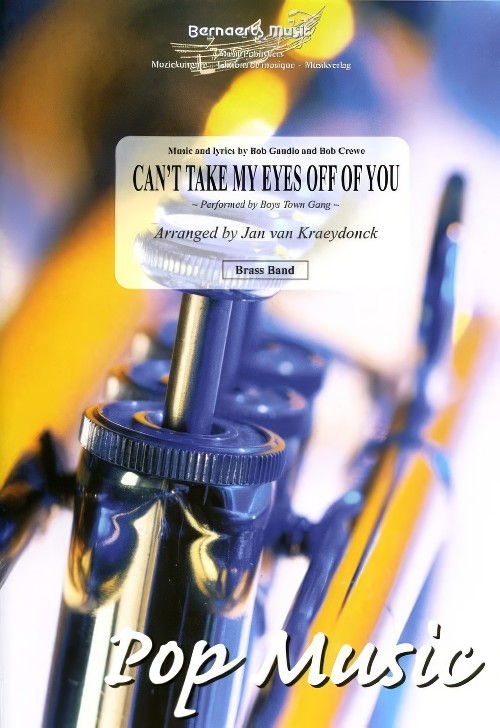 £53.99
£53.99Can't Take My Eyes off of You (Brass Band - Score and Parts) - Crewe & Gaudio - Kraeydonck, Jan van
Performed by Boys Town Gang. Duration: 03:30
Estimated dispatch 7-14 working days
-
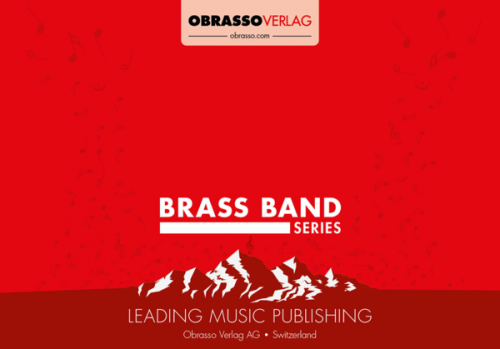 £50.90
£50.90Take That Look Off Your Face (Brass Band - Score and Parts) - Lloyd Webber, Andrew - Stephens, Denzil
Duration: 2.45
Estimated dispatch 7-14 working days
-
 £33.00
£33.00Brassed Off (Percussion feature) (Brass Band - Score and Parts)
-
Estimated dispatch 7-14 working days
-
 £32.95
£32.95CAN'T TAKE MY EYES OFF OF YOU (Brass Band) - Siebert, Edrich
Estimated dispatch 7-14 working days
-
 £33.00
£33.00 -
 £50.90
£50.90THEY'RE OFF! (Brass Band) - Jewell, Fred - Smith, Sandy
Circus Galop. Grade: Easy/Medium.
Estimated dispatch 7-14 working days
-
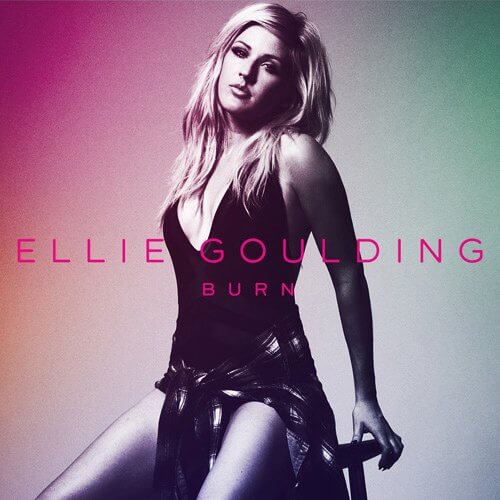 £29.50
£29.50Burn - Ellie Goulding - John Lee/G Somerset
Seen as one of Ellie Goulding's more radio friendly singles, the track became an instant hit and held the number one spot in the UK charts for three consecutive weeks. The continuous driving rhythms underneath the melodic lines mean the work lends itself well to the Brass Band medium. With the track growing in popularity across the world, this release shows off the versatility of a brass band perfectly and will find favour with younger audiences and players.
In Stock: Estimated dispatch 1-3 working days
-
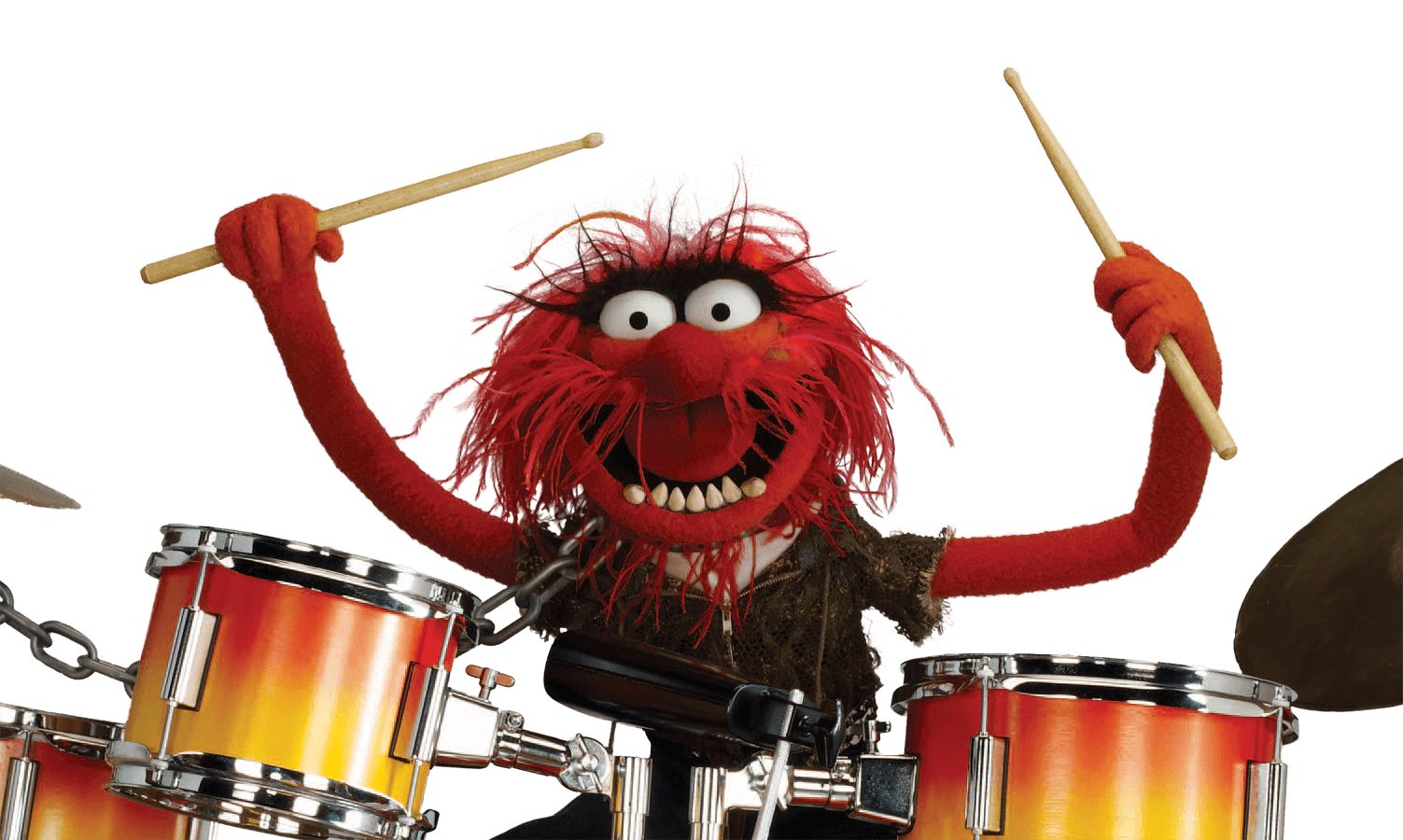 £29.50
£29.50A Kit Of Fun - Gavin Somerset
Drummers are now an integral part of the modern brass band that they accompany. However, there are not too many chances for your drummer to take the limelight. All that can now change with this light-hearted new release. A light swing piece in style, this entertaining work offers drummers the chance to show off their skills and more importantly, is accessible to players of many levels. Whilst a drum part is clearly written out, the soloist is advised to 'ad lib' throughout, allowing the player to make their part as easy or as complex as they wish. This is great showcase item that is just something different from the norm and suits all concert programmes.
In Stock: Estimated dispatch 1-3 working days
-
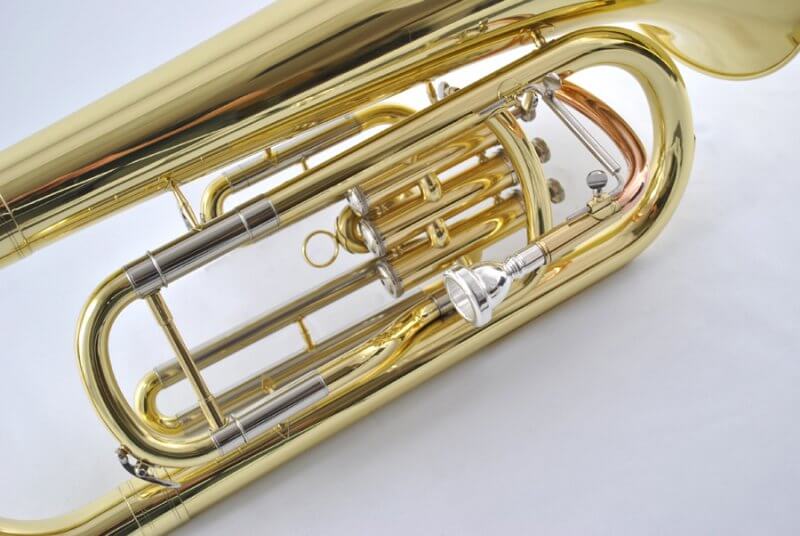 £29.50
£29.50Appassionata - Richard Rock
From the pen of Richard Rock comes a solo that should belong in every bands library. The Baritone has long been the most underated instrument of the Brass Band movement, but on hearing this work, all that could change. "Appassionata" is a simply gorgeous melodic work that can show off the Baritone instrument in a light not often seen. With the parts not too demanding either, this really is a must for all Baritone players.
In Stock: Estimated dispatch 1-3 working days
-
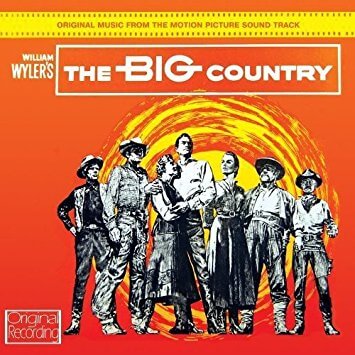 £29.50
£29.50The Big Country - Jerome Moross - Andi Cook
The opening of the main theme from 'The Big Country' is as iconic as any western theme ever written. The flourish from the strings (or cornets in our case!) allow your band to show off with detailed playing that is sure to grab your audience's attention from the word go. The film's composer, Jerome Moross was nominated for an Academy Award for his work on the soundtrack, but lost to 'The Old Man and the Sea' scored by Dimitri Tiomkin. This arrangement by Andi Cook faithfully recreates the excitement from the main theme that is now known throughout the world. This title has never before been publicly available to brass bands until now and is sure to be a hit with bands and audiences.
In Stock: Estimated dispatch 1-3 working days
